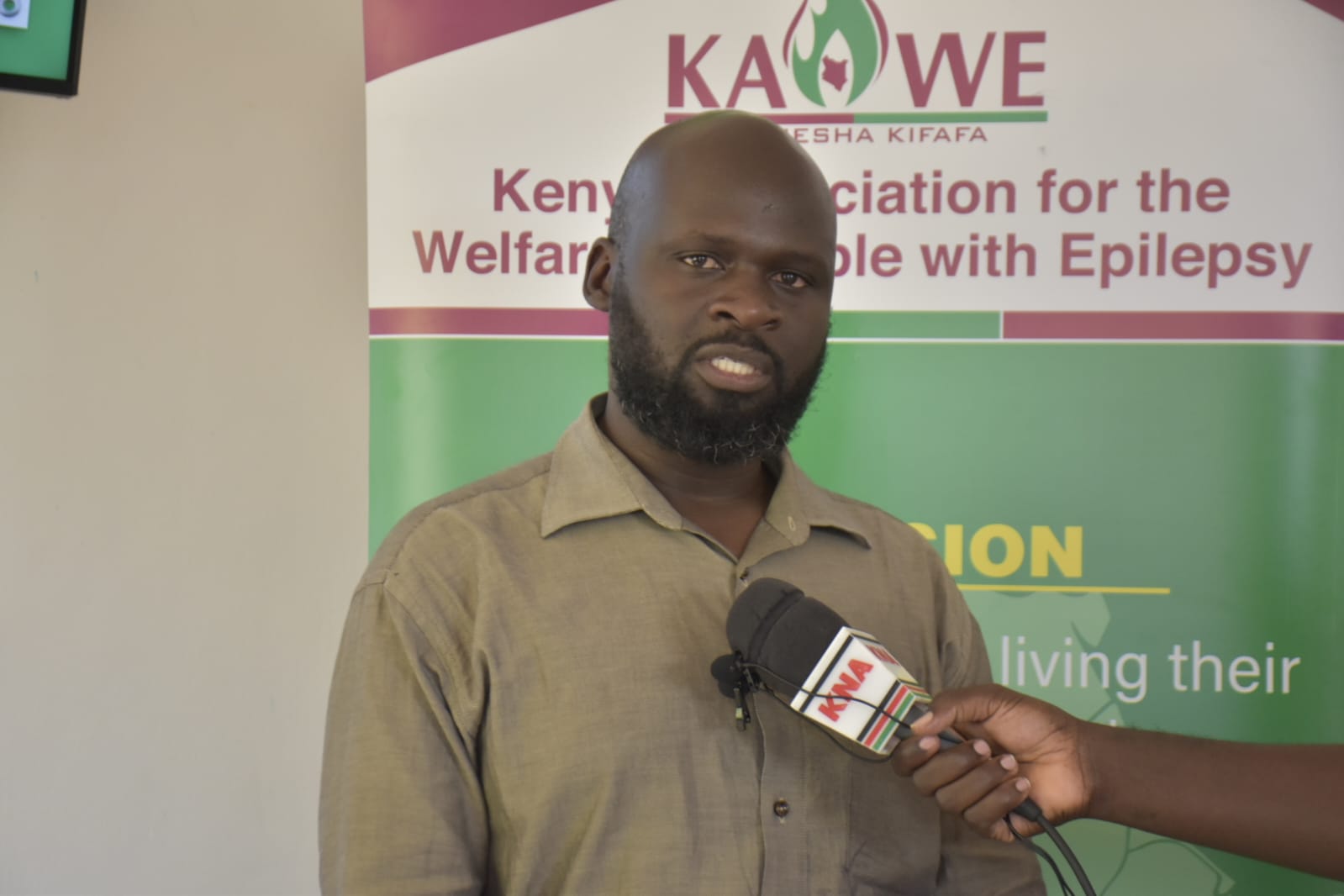The Kenya Association for the Welfare of People with Epilepsy has called on Kenyans to stop stigmatising people living with the condition, saying epilepsy is a treatable medical issue—not a curse or result of witchcraft.
During a sensitisation forum for primary healthcare providers in Garissa, Kawe clinical officer Nicholus Otieno said myths around epilepsy have prevented many patients from seeking proper treatment.
“Some go to witchdoctors or attend prayer sessions to cast out demons instead of visiting health facilities,” Otieno said.
“We are here to give accurate information and ensure health practitioners are prepared to manage epilepsy at the closest dispensaries.”
Kawe is targeting community health promoters, chiefs, leaders and decision-makers to spread accurate information and reduce stigma.
Epilepsy is a neurological disorder that causes recurrent seizures and can result from brain damage, developmental abnormalities, or genetic factors.
Garissa recorded 2,018 cases of epilepsy in 2023. Globally, 50 million people live with the condition, while in Kenya, its prevalence is about one in 18 people.
The training also covers how to administer first aid during seizures—such as removing nearby dangers, loosening tight clothing and ensuring the patient can breathe.
Another Kawe clinical officer, Brian Tabani, linked some epilepsy cases to poor antenatal care and accident-related brain injuries, while noting that some causes remain unknown.
He stressed the need to build the capacity of primary healthcare workers to manage the condition.
County non-communicable diseases coordinator, Nurta Mohamed, urged patients and parents of children with epilepsy to seek medical care, noting that with proper management, many can recover or live symptom-free.
“Epilepsy has long been shrouded in stigma in our communities,” Mohamed said.
“Yet almost 75 per cent of the conditions that cause it are preventable and with treatment, it can be controlled or cured in some cases.”
by STEPHEN ASTARIKO













